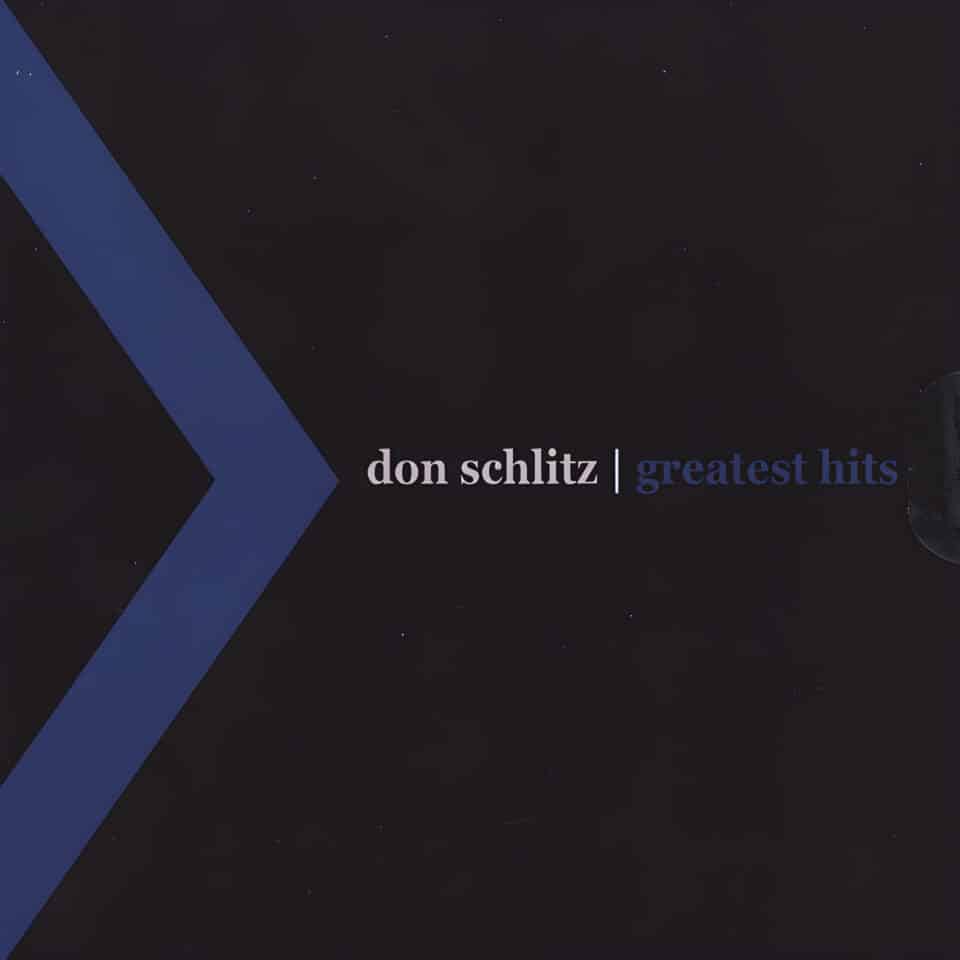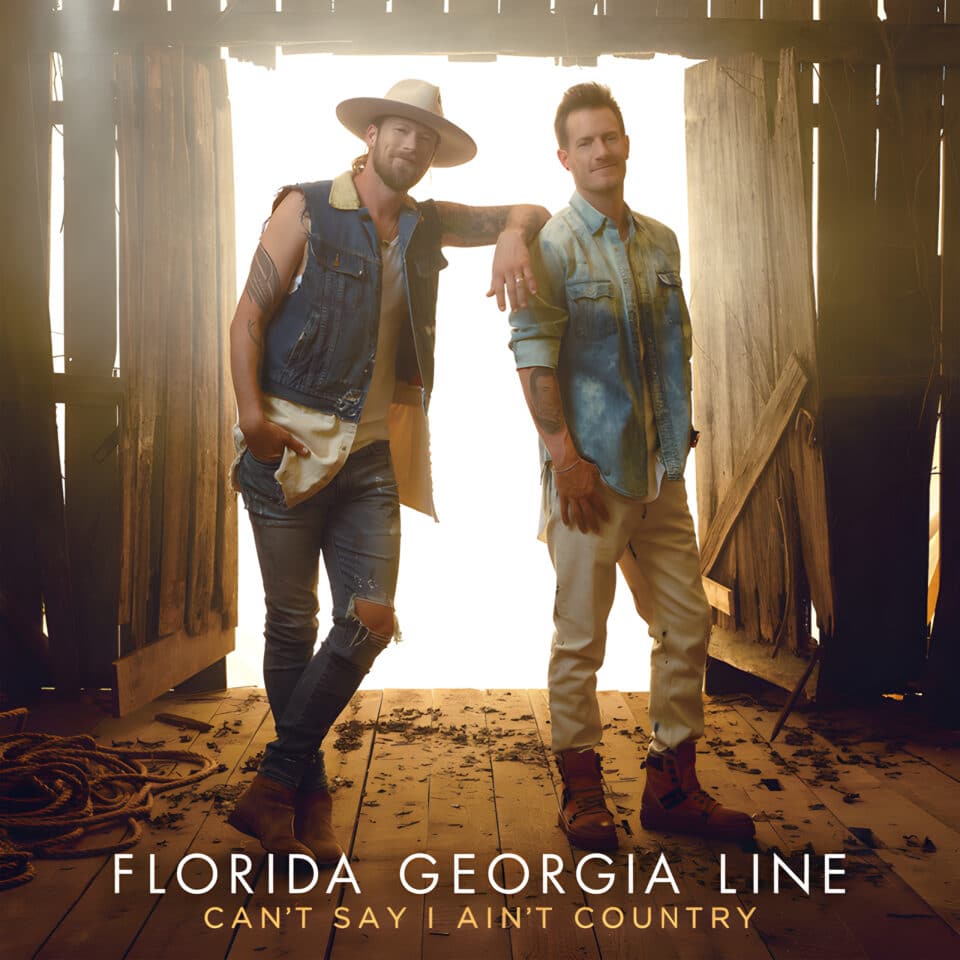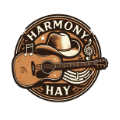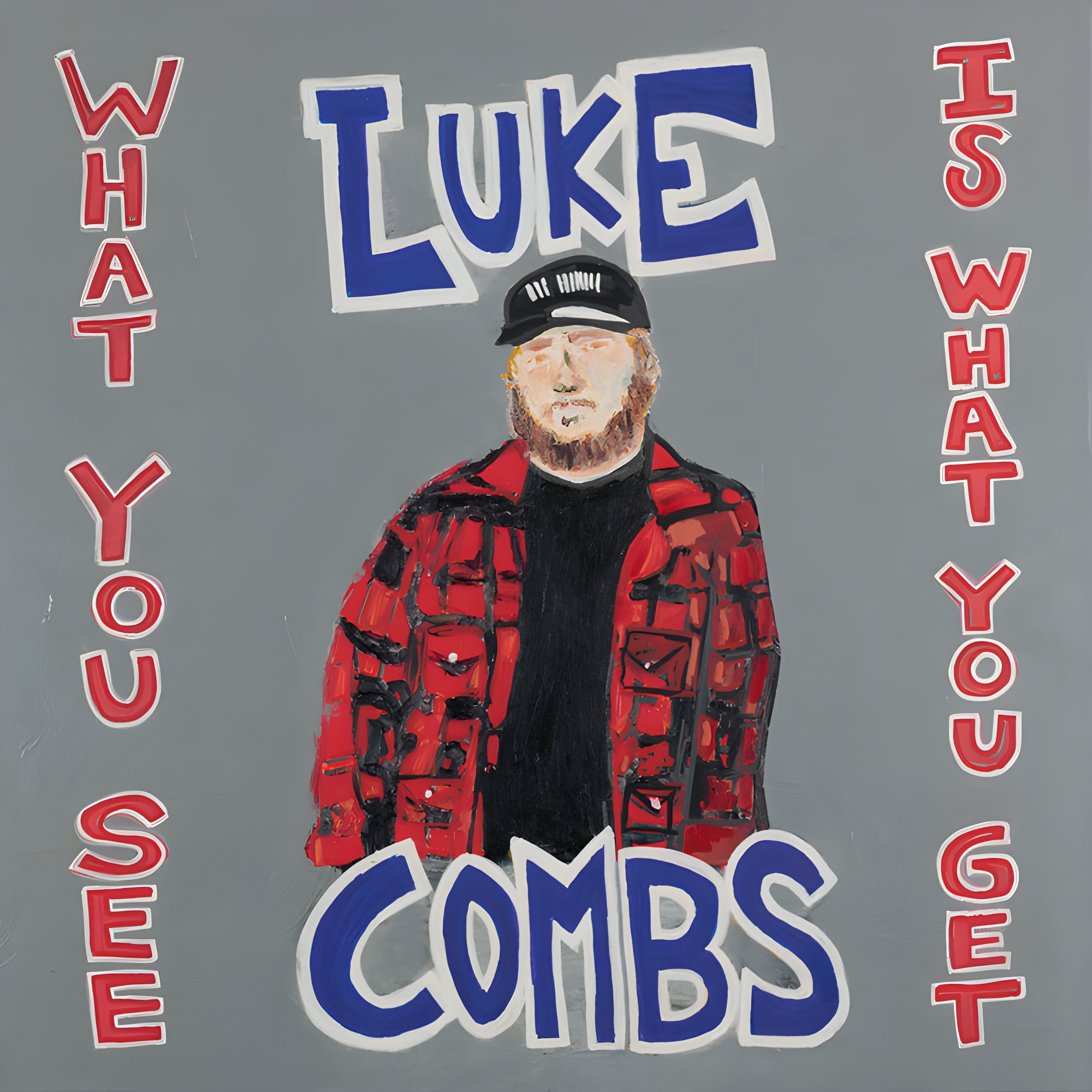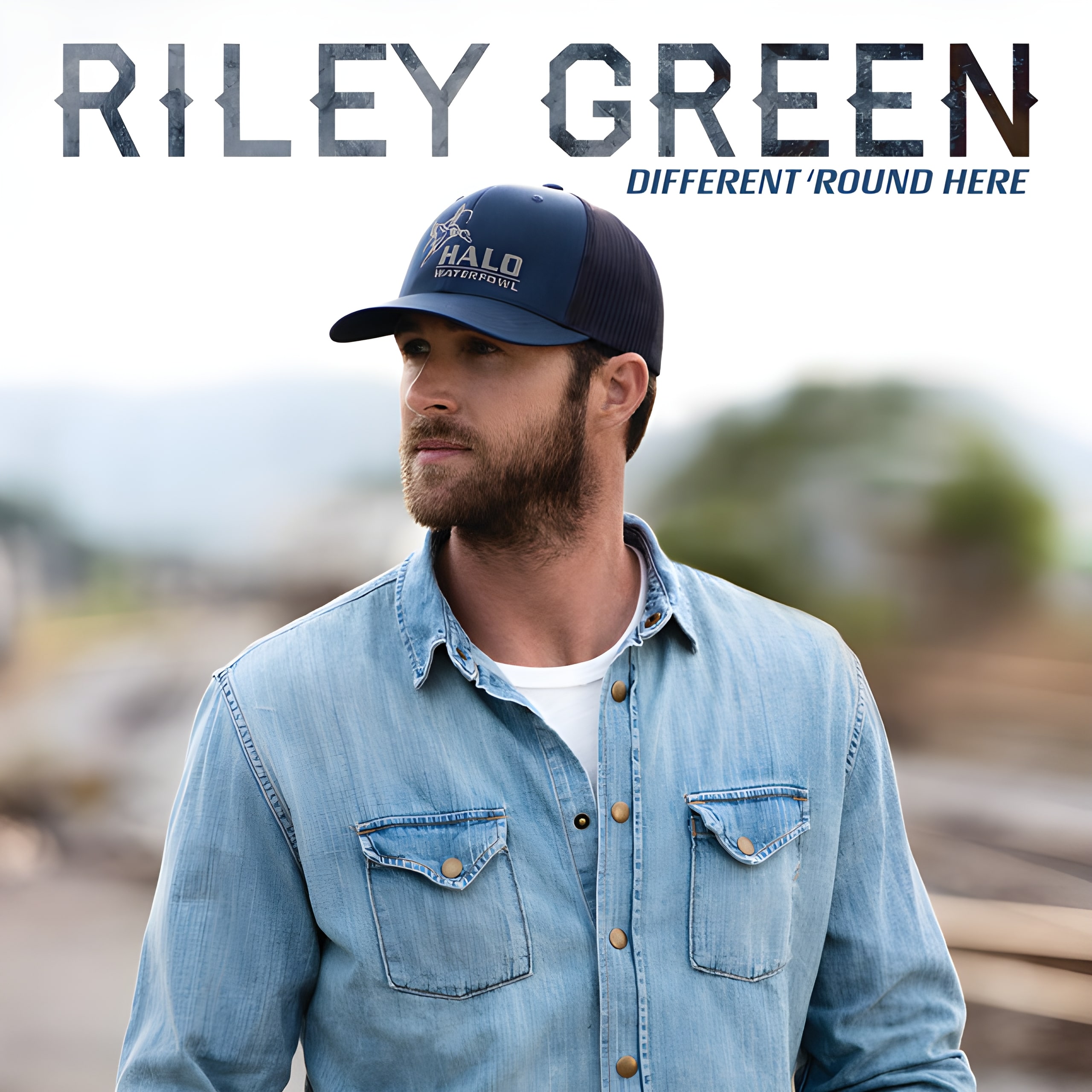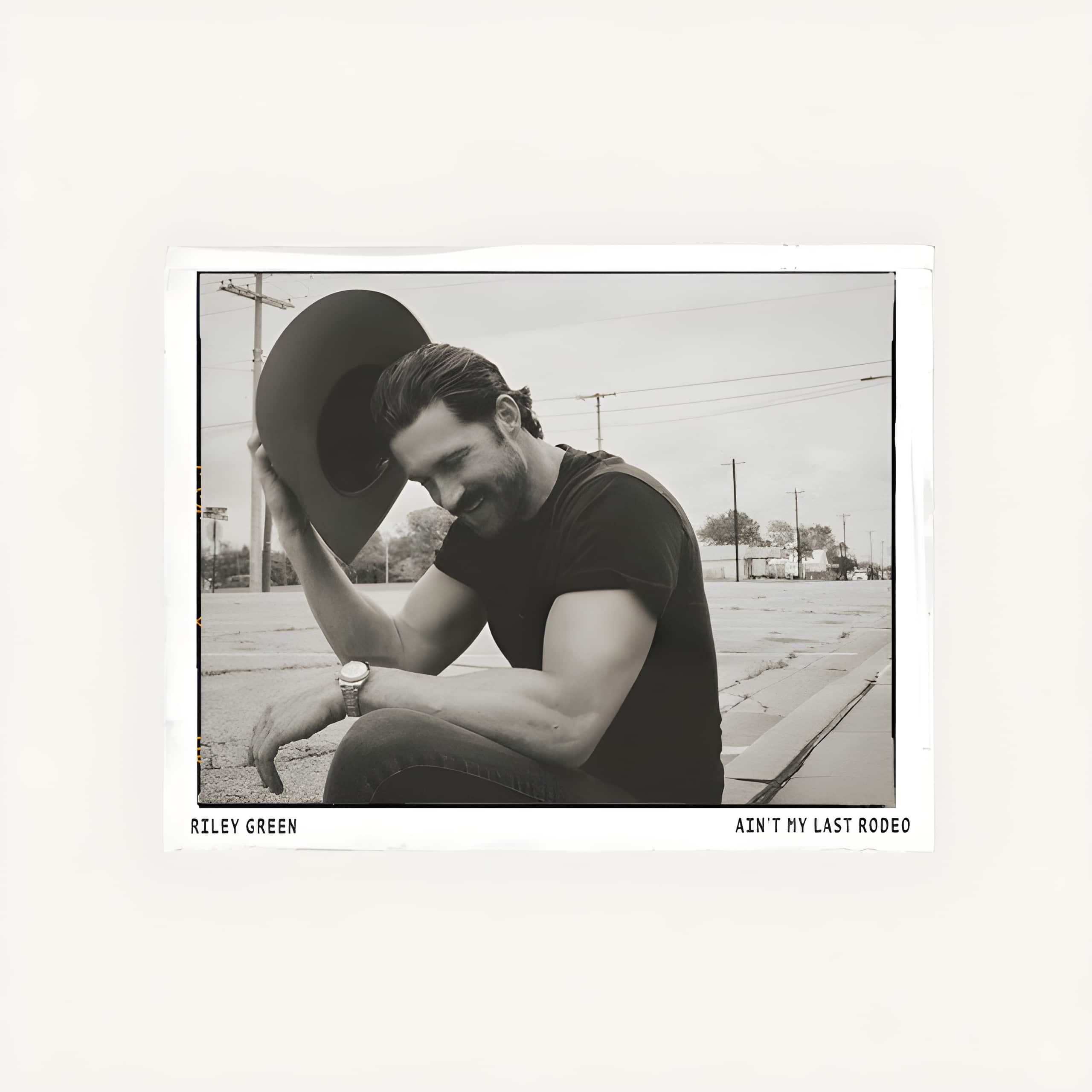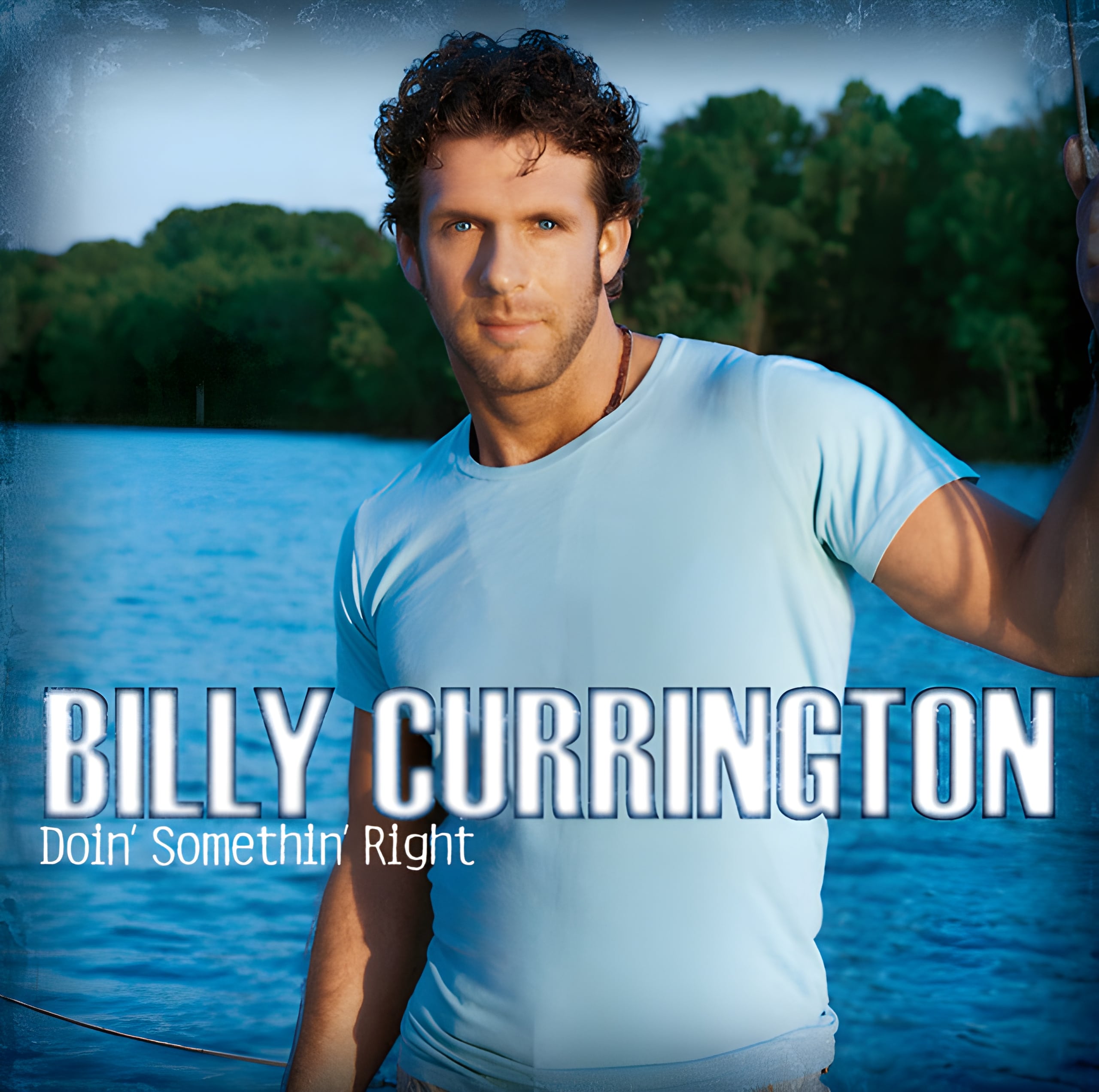Released: 2010
“The Gambler” by Don Schlitz is more than a catchy tune; it’s a life lesson wrapped up in a story about a late-night train ride. It talks about knowing when to take risks and when to play it safe, all through the words of a wise gambler sharing his secrets. The song is a master class in decision-making, told with a mix of grit and wisdom.
Our story begins on a warm summer’s evening, setting up a scene of a narrator and a gambler meeting by chance. The mood is weary, both “too tired to sleep”, which nudges them into a meaningful conversation. Here, the gambler is not just a card player but a life philosopher. The gamble here isn’t just about cards; it’s about life’s choices. Sharing a bottle of whiskey and a light for a cigarette, their exchange deepens, moving from mundane to profound.
The gambler’s advice, “You got to know when to hold ’em, know when to fold ’em,” is as simple as it is deep. It speaks to the heart of taking stock of what you have and making a calculated decision on what to do next — whether in cards or in life’s challenges. “Know when to walk away, know when to run” touches on the importance of choosing your battles, knowing when to keep going, and when to cut your losses. The advice not to “count your money when you’re sittin’ at the table” serves as a metaphor for not getting distracted by the immediate rewards or failures, suggesting a long-term perspective is crucial.
As the gambler’s wisdom unfolds, we learn that life, much like a card game, is a mix of chance and strategy. “Every hand’s a winner and every hand’s a loser,” suggests that what we have is less important than what we do with it. The story closes with the gambler drifting into sleep, leaving behind a powerful message about life’s gambles, wins, and losses.
Ultimately, “The Gambler” teaches us about the art of living wisely, navigating life’s ups and downs with reflection and strategy. It’s a reminder that in the game of life, the best ace we can keep is knowing when to hold on, when to let go, and understanding that sometimes, the best we can hope for is finding peace in our decisions.
